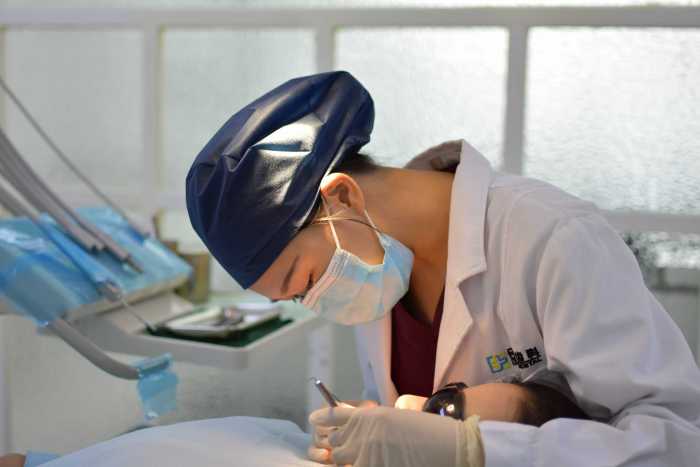One of the first things people notice about you is your smile — and your smile has a huge impact on your confidence. On top of that, your teeth, lips, tongue, and mouth overall are responsible for helping you chew food and speak normally; if your oral health is jeopardized in any way, it can have a massive negative impact on your life.

Fortunately, the most basic and most important elements of oral health are easy to implement and follow.
The Most Important Elements of Oral Health
If you want to improve and maintain your oral health, these are some of the most important aspects to consider:
- Brushing. Most people know that brushing your teeth is important, but they skip out on some of the most important pieces of advice. For example, dentists generally recommend brushing for two to three minutes, but most people don’t come close to this recommendation. Additionally, it’s recommended that you brush after every meal, or at least twice per day and that you use a soft-bristled brush in gentle circles to cleanse your teeth.
- Flossing. Every day, you should conduct at least one thorough flossing session. Flossing gets rid of the food particles and plaque that can build up between your teeth — where your brush isn’t able to reach. If you skip flossing, you’ll be vulnerable to tooth decay between your teeth, and you might end up with less healthy gums.
- Periodontal care. You also shouldn’t neglect the importance of proper periodontal care (gum care). While brushing and flossing, you can brush lighter to avoid gum recession, and floss around your teeth and under the gumline to minimize the risk of infections. If you notice any emerging periodontal problems, get them checked out right away.
- Regular cleanings. Even with routine cleaning habits, it’s possible for plaque to build upon the teeth, resulting in a much higher risk of cavities. Regular professional cleanings at the dentist’s office can clear away this plaque and leave your teeth with a smooth polish that resists the accumulation of debris. Twice a year, you should visit the hygienist and get a thorough cleaning.
- Regular checkups. It’s also a good idea to get regular checkups to detect common problems before they become any worse. For example, a simple X-ray or a proactive scan from a dentist may be able to catch a small cavity before it grows any worse; in this scenario, you might be able to repair the damage with a basic filling, rather than dealing with increasingly painful toothaches and having to undergo a root canal. Fortunately, most dentists offer cleanings and checkups at the same time, making things easy on you.
- Consumption habit changes. The things you consume play a massive role in your overall oral health, so changing your consumption habits can greatly affect your resistance to common oral health problems. For example, cutting out all forms of tobacco (including smoking and chewing tobacco) is highly recommended. You should also cut back on your consumption of alcohol and foods that are high in sugar—especially beverages like sodas. It’s also a good idea to drink more water, and avoid the possible consequences of dry mouth.
- Oral protection. If you’re going to participate in contact sports or other physical activities that could cause you to fall and/or get hit in the face, it’s important to wear some form of oral protection. The best option here is usually a custom-fitted mouthguard, which can prevent or minimize the damage associated with chipped or lost teeth.
- Immediate attention (when necessary). If you do experience any kind of dental emergency, like a strongly painful toothache or a completely lost tooth, it’s important to get medical attention as quickly as possible. If addressed early enough, you may be able to mitigate the damage associated with the incident and prevent it from getting any worse. Most dentist’s offices have emergency options available because of this.
Improving Your Habits

If you’re not used to maintaining good oral health habits, there are a few important changes that can make it easier to adapt to a new routine. For example, you can automate as much as possible; set up your dentist checkups well into the future so you’re less likely to forget about them. You can also invest more in your oral care; for example, you’ll be more likely to brush regularly if you have a nice toothbrush that you enjoy brushing with.
The more consistently you’re able to follow these preventative measures, the healthier your mouth will be. You’ll be able to maintain a more attractive smile, and simultaneously avoid tooth decay, gum disease, oral cancer, and other afflictions that could permanently change your life.










